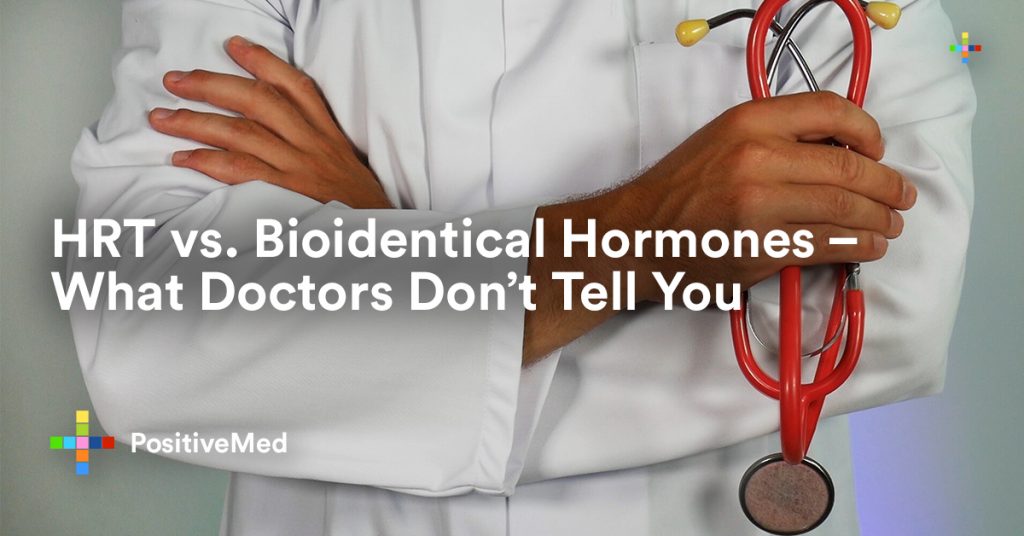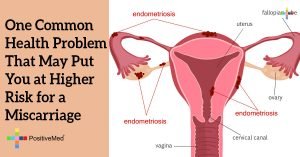Menopause
On average, women start to experience menopause around 45. Periods become irregular until they stop happening completely. The levels of estrogen fluctuate and drop sharply. This can cause symptoms such as hot flashes, night sweats, and vaginal dryness.

Some doctors recommend hormone replacement therapy (HRT), others recommend bioidentical hormones. Both can help relieve these symptoms.
Which is better? Let us break it down:
Side effects of HRT
HRT has many side effects, including increased risks of breast cancer, heart disease, and stroke in some women. Each woman’s risks can vary depending on her genetic makeup, health history, and lifestyle. If you decide to take hormones, my recommendation is to start with the lowest dose that helps and for the shortest time needed to minimize its side effects.

Major Side Effects of HRT:
• Breast cancer
• Ovarian cancer
• Stroke
• Heart attack
• Gallstones
• Blood clots
• Dementia
Minor Side Effects of HRT:
• Headaches
• Nausea
• Vaginal discharge
• Fluid retention
• Weight gain
• Breast tenderness
Spotting or darkening of the skin, particularly on the face
Promote uterine fibroids or worsen endometriosis

Are bioidentical hormones actually safer?
Many compounding pharmacies now offer bioidentical hormone replacement therapy. It is advertised that bioidentical hormones are safer and more effective than HRT and are a natural alternative to conventional hormones.
However, these claims are not backed by any large clinical studies, nor have they been approved by FDA.
The term “bioidentical” means the hormones in the product are chemically identical to those your body produces. Therefore, bioidentical hormones are the same as real hormones with the same functions and mechanisms, so they should have the same side effects.
Many doctors, medical groups, and government agencies, such as the American Congress of Obstetricians and Gynecologists, FDA, the Endocrine Society, and the Mayo Clinic, do not support the claim that bioidentical hormones are safer1-5.
Is it worth the risk?
Most menopausal symptoms are minor discomforts, like hot flashes, night sweats, and vaginal dryness. They affect the quality of life, but they are not life-threatening.
Taking hormones for a long period may increase the risk for some deadly diseases like breast cancer, stroke, and heart attack.
It’s like removing weeds with dynamite: the benefit is small, but the risk is huge.

Why are so many women still using hormones for minor discomforts? The answer is that they may not know about potential health risks or the availability of non-hormonal options.
My advice to you: beware of the health risks associated with HRT or bioidentical hormones. There are safer non-hormonal options.
About the author: Dr. Renjie Chang
Dr. Renjie Chang has made a technology breakthrough in woman’s health by developing a non-hormonal product called NeuEve. The ingredients are all natural and food grade. It reverses vaginal atrophy by nutritional supplement like calcium and vitamin D for bones. Since its inception in just 3 years, more than 50,000 women, including many breast cancer survivors, female doctors and nurses, have used NeuEve safely to achieve relief of vaginal atrophy, documented by gynecological examinations, and restoration of sexuality after menopause. To date, the oldest woman who has benefited from NeuEve is 86. The efficacy and safety records based on customers’ reports have been overwhelmingly positive.
References
1. American Congress of Obstetricians and Gynecologists. Committee Opinion: Compounded Bioidentical Menopausal Hormone Therapy. Number 532, 2012.
2. United States Food & Drug Administration. For Consumers: Bioidenticals: Sorting Myths from Facts.
https://www.fda.gov/ForConsumers/ConsumerUpdates/ucm049311.htm
3. Davis R, Batur P, Thacker H. Risks and effectiveness of compounded bioidentical hormone therapy: A case series. Journal of Women’s Health 2014; 23(8): 642-8.
4. The Endocrine Society. Position Statement: Bioidentical Hormones. 2016.
5. Shannon K. Laughlin-Tommaso. Are “bioidentical” or “natural” hormones safer and more effective than hormones used in traditional hormone therapy for menopause symptoms?







